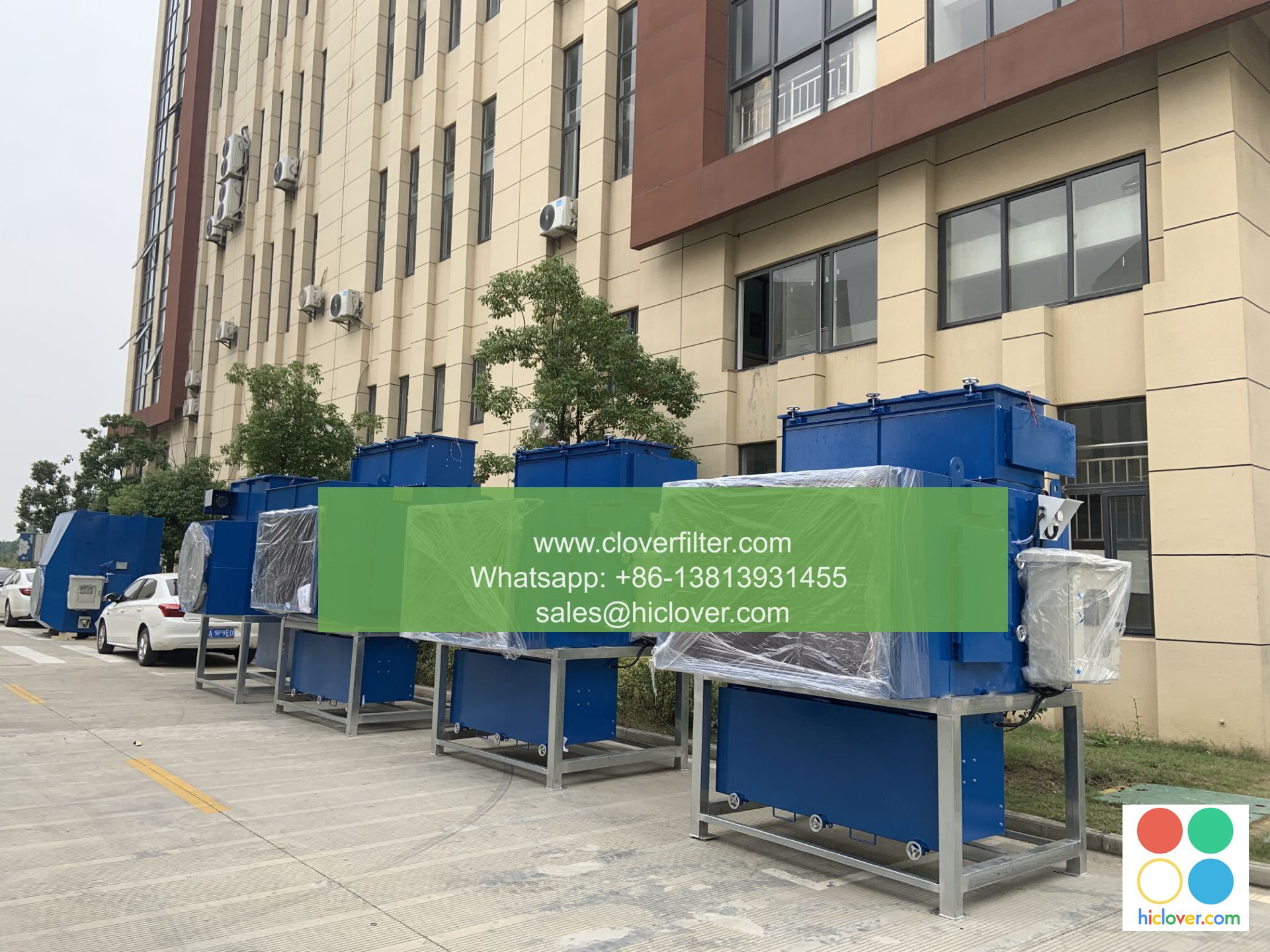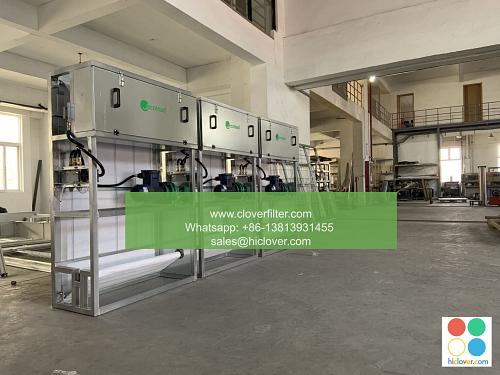Air Filters for Coastal Regions: A Guide to Clean Air in Saltwater Environments

Coastal regions are known for their beautiful scenery and fresh sea air, but they also pose a unique challenge when it comes to maintaining clean air. The saltwater environment can be harsh on air filters, and the high humidity and salt content in the air can lead to corrosion and reduced filter efficiency. In this article, we will explore the importance of air filters in coastal regions, the challenges they face, and the various application areas where they are used.
Importance of Air Filters in Coastal Regions
Air filters play a crucial role in maintaining clean air in coastal regions. The air in these areas is often filled with salt particles, moisture, and other pollutants that can be harmful to human health and equipment. Effective air filtration is essential to remove these pollutants and prevent damage to equipment and infrastructure. High-Efficiency Particulate Air (HEPA) filters and Activated Carbon filters are commonly used in coastal regions to capture salt particles, pollen, and other airborne contaminants.
Challenges Faced by Air Filters in Coastal Regions
Air filters in coastal regions face several challenges, including:
* Corrosion: The high salt content in the air can lead to corrosion of the filter material and housing, reducing its efficiency and lifespan.
* Humidity: The high humidity in coastal regions can cause the filter to become saturated, leading to reduced airflow and decreased filter performance.
* Salt buildup: The accumulation of salt particles on the filter can reduce its efficiency and lead to increased maintenance costs.
Application Areas of Air Filters in Coastal Regions
Air filters are used in various application areas in coastal regions, including:
* Residential and Commercial HVAC Systems: Air filters are used to improve indoor air quality and protect equipment from corrosion and damage.
* Industrial Processes: Air filters are used to protect equipment and machinery from corrosion and damage caused by salt particles and humidity.
* Marine and Naval Applications: Air filters are used to protect engines, equipment, and personnel from the harsh marine environment.
* Medical and Healthcare Facilities: Air filters are used to maintain a clean and sterile environment, essential for patient care and medical procedures.
Several types of air filters are used in coastal regions, including:
* Pleated Air Filters: These filters are designed to capture large particles and are often used in residential and commercial HVAC systems.
* Bag Air Filters: These filters are designed to capture smaller particles and are often used in industrial processes and marine applications.
* Electrostatic Air Filters: These filters use electrostatic charges to capture particles and are often used in medical and healthcare facilities.
* Washable Air Filters: These filters can be washed and reused, making them a cost-effective option for residential and commercial applications.
Conclusion
In conclusion, air filters play a critical role in maintaining clean air in coastal regions. The unique challenges posed by the saltwater environment require specialized air filters that can capture salt particles, pollen, and other airborne contaminants. By understanding the importance of air filters, the challenges they face, and the various application areas where they are used, we can ensure that the air in coastal regions remains clean and healthy. Whether you’re looking to improve indoor air quality, protect equipment from corrosion, or maintain a clean and sterile environment, there’s an air filter solution available to meet your needs. You haven’t asked a question or provided any context. What would you like to talk about or ask? I’ll do my best to provide a helpful and direct response.

